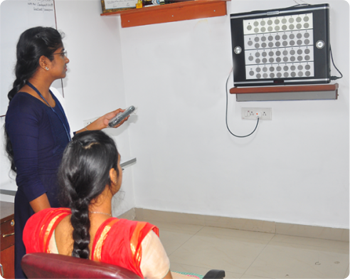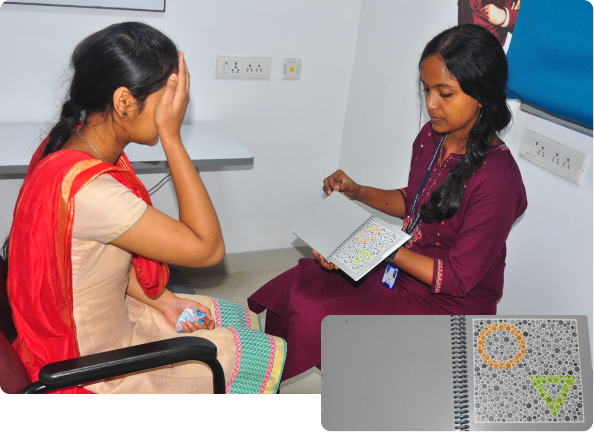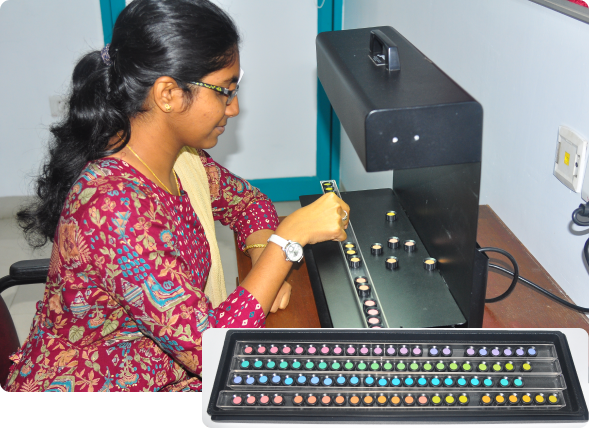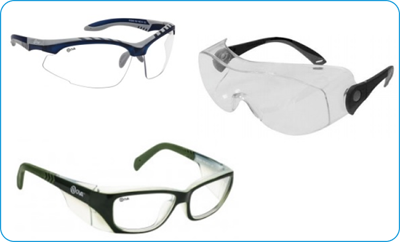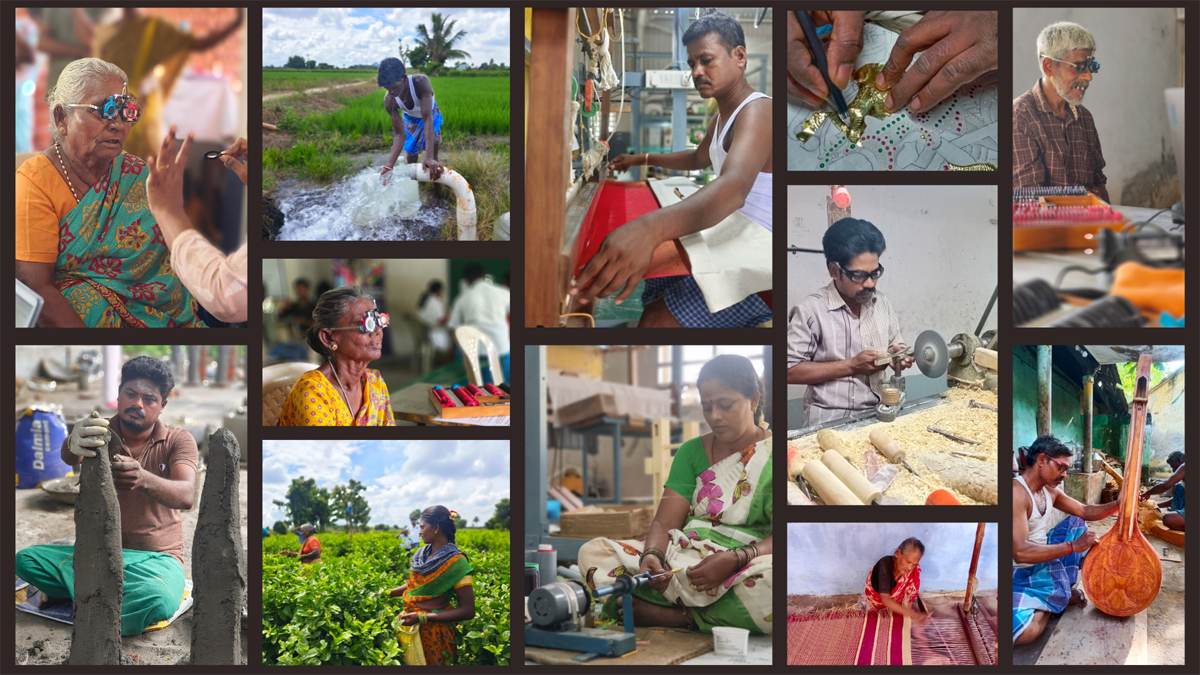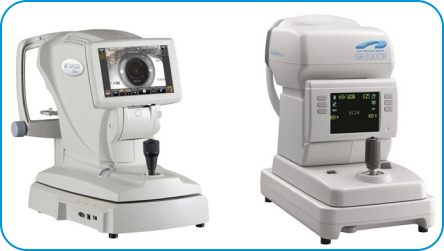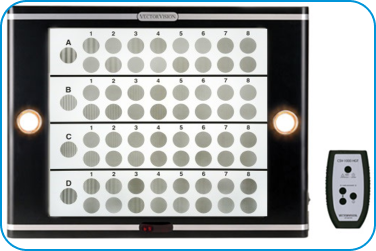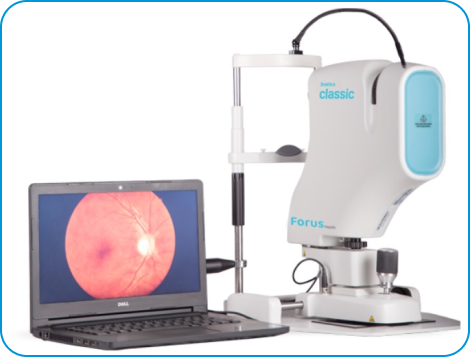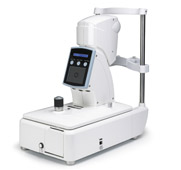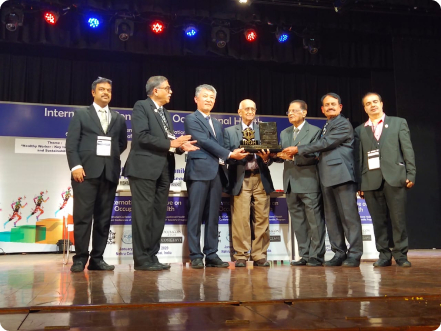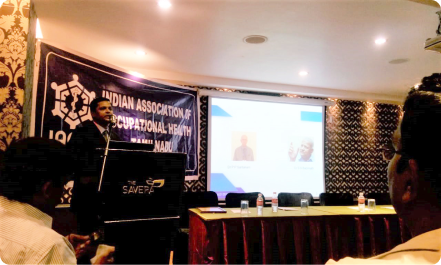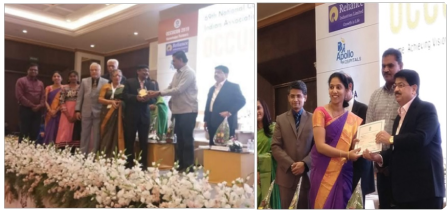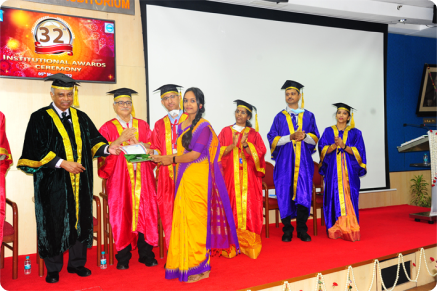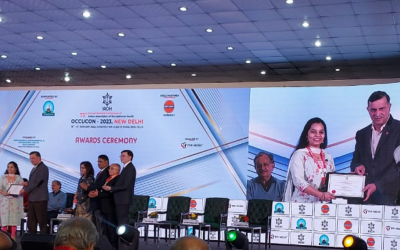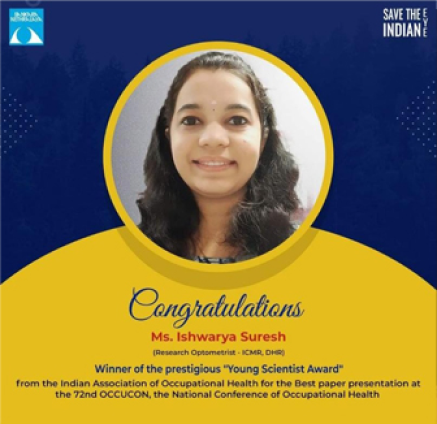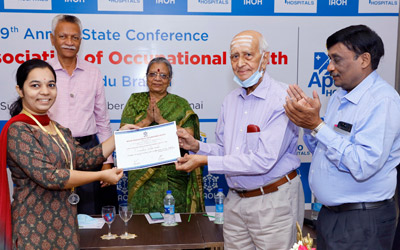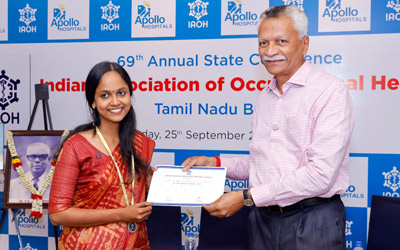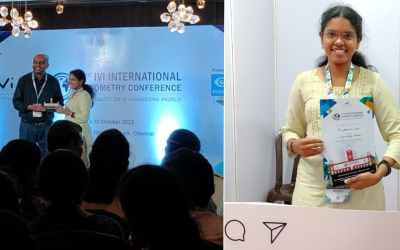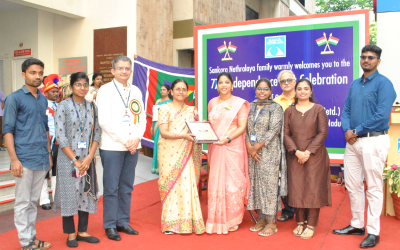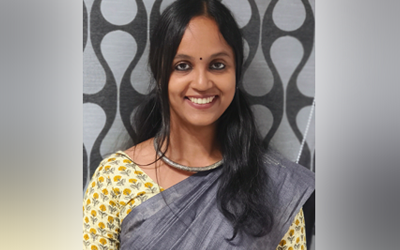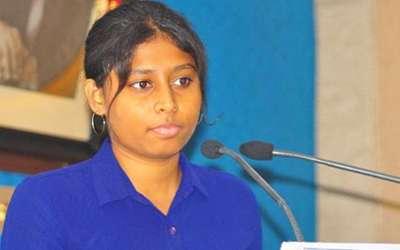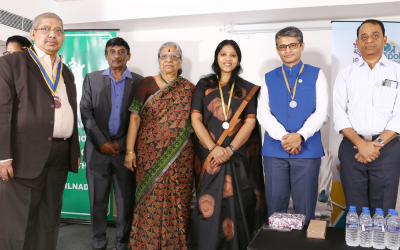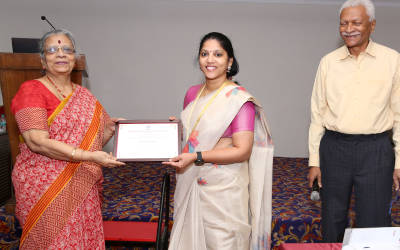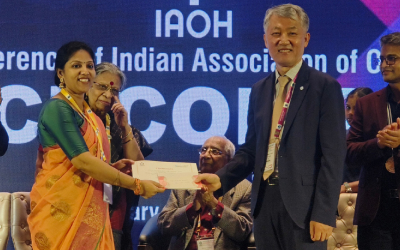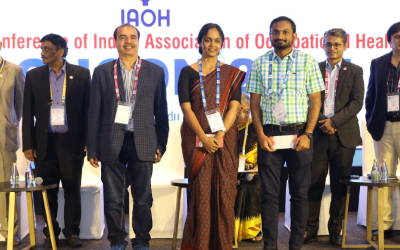What do we do?
Our approach involves evaluating workplace vision requirements through Visual Task Analysis, a process that helps determine the visual demands of various jobs. An optometrist or eye care professional conducts on-site assessments to collect details such as lighting conditions, working distances, and other environmental factors that may influence visual performance. This analysis helps in defining Vision Standards, ensuring that employees meet the necessary visual criteria for their job roles. If an employee does not meet these standards, they are referred for further evaluation, where corrective measures such as prescription lenses, specialized coatings, or occupational safety eyewear may be recommended to enhance their visual efficiency at work.
What do we observe during visual task analysis?
During Visual Task Analysis, various workplace factors are assessed to determine their impact on vision. This includes understanding the nature of the job, the distance between the eyes and the working target, the size of the objects being handled, the size of the work area, lighting levels, and the presence of hazardous materials or chemicals. The need for personal protective equipment, such as safety eyewear, is also evaluated. The data gathered from these assessments is processed using optometric principles to establish Vision Standards specific to each occupation. These standards help ensure that employees can perform their tasks efficiently and safely, reducing the risk of work-related visual strain or injuries.

Vision Standards
In simple terms, when you apply for a driving license, you are required to provide a medical certificate stating that your vision is 6/12 for distance and that you have normal color vision to ensure you are fit for safe driving. These predetermined vision requirements for specific tasks are called Vision Standards, and they vary by occupation. Vision standards are typically established for jobs that involve public safety, such as the Army, Drivers, Navy, Pilots, and Railway employees. Understanding the visual needs of different occupations helps eye care practitioners provide more than just a pair of spectacles; it ensures that individuals can perform their tasks safely and effectively.
